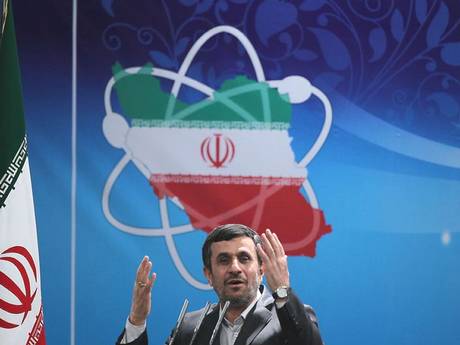CAIRO: Amnesty International outlined 10 key human rights reforms that Egyptian political parties must meet to “to deliver the new Egypt promised by the 25 January Revolution,” it said in a statement.
As parliamentary elections loom, Amnesty called on all candidates to sign a “manifesto” to confirm their commitment to human rights reform.
“The political parties competing in next month’s elections have a big responsibility – the Egyptian people have a right to expect that they will finally see the changes which, almost a year since 25 January, still seem so far away,” Amnesty International said.
Manifesto pledges
The 10 pledges in Amnesty International’s Human Rights Manifesto include bringing an end to the state of emergency and “fundamentally reform security forces” in line with international laws and standards. Amnesty called for the structure of the security forces to be public and called for the establishment of an independent oversight body to investigate reports of violations.
The manifesto also calls for ending incommunicado detention and providing detainees with access to their families, to lawyers as well as independent medical care. It also calls for combating, criminalizing and investigating torture abuses.
“Places of detention must be publicly listed and subject to regular, unannounced, unrestricted and independent inspection,” the manifesto read.
Signatories of the manifesto must also pledge to ensure fair trials by a competent, independent and impartial tribunal, as well as bring an end to military trials of civilians and trials before emergency courts.
“Those convicted must be retried before civilian courts or released,” it said.
The manifesto’s fourth pledge entails upholding the right to freedom of assembly, association and expression and amending or repealing laws criminalizing the peaceful exercise of these rights.
Amnesty also urges parliamentary candidates to ensure the impartial and independent investigation into human rights violations under the rule of ousted president Hosni Mubarak as well as make recommendations to avoid further abuses.
“People must have access to essential public services, including water, sanitation and health care, regardless of their place of residence or income. Workers’ rights, including the right to strike and the right to a fair minimum wage, must be upheld,” the manifesto also read.
Candidates must also pledge to consult and engage people living in informal settlements in any decisions affecting their future and provide them with “legal security of tenure.” They must also bring an end to forced evictions and outline a plan to address inadequate housing conditions.
The manifesto also stipulates that candidates put an end to discrimination, protect women’s rights, engaging them in the process of political and human rights reform, and abolish the death penalty.
Political leaders and women’s participation
“Justice and the end of repression were among the key demands of Egypt’s demonstrators. Political parties now need to set out their programs to address a legacy of abuse and make concrete human rights pledges,” Amnesty International said.
“Under the Supreme Council of the Armed Forces, Egyptians fear that one repressive rule is being replaced with another. They are now looking to political leaders to take decisive action to end the injustice and abuses which have marred Egypt for the last 30 years.”
According to Amnesty’s statement, while SCAF promised an end to the state of emergency when it assumed power in February, the emergency law has been extended.
The statement added that although the State Security apparatus was disbanded, “arbitrary detention has gone unabated and thousands of civilians have unfairly been tried by military courts.”
In addition to the manifesto, Amnesty International also released a new briefing paper on the barriers to women’s participation in the public life of the country.
Only nine of the 454 seats in parliament were held by women after the 2005 elections, with five of the nine appointed by Mubarak, according to Amnesty. The number increased in the 2010 elections because a quota system was introduced, although all the seats were eventually won by women from the then ruling National Democratic Party.
In “Women Demand Equality in Shaping New Egypt,” Amnesty International urged the Egyptian authorities to take concrete steps to ensure that women are central in shaping the future of the country.
“The optimism of earlier this year, when women played a crucial role in protests against former President Mubarak, has been dampened by the reality that women are still largely being excluded from political participation,” said Amnesty International.
“Now is the moment for the government and political parties to match their stated commitment to women’s rights with real action to support their aspirations.”
